1 gram
Blend in vanilla and cool.
26
1-800-4-CANCER (1-800-422-6237)
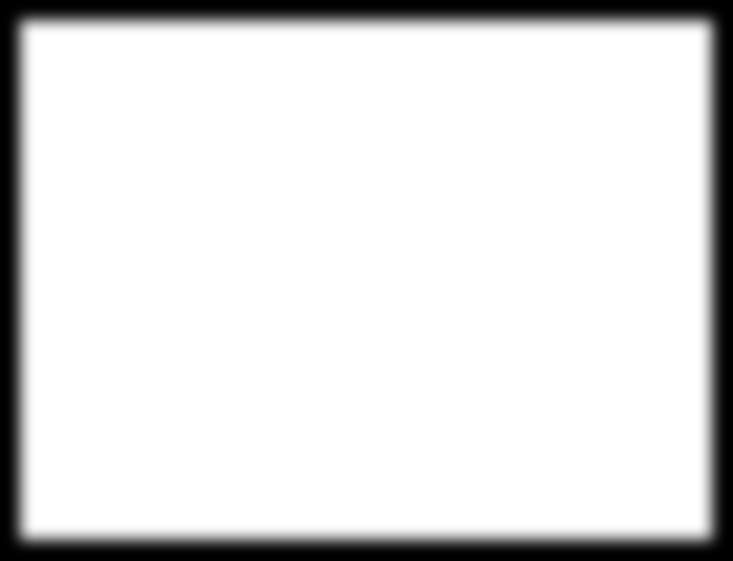

Nausea
What it is
Nausea occurs when you feel queasy or sick to your stomach. It may be followed by vomiting (throwing up), but not always. Nausea can keep you from getting the food and nutrients you need. Not everyone gets nausea and those who do may get it right after a treatment or up to 3 days later. Nausea almost always goes away once treatment ends.
Why it happens
Nausea can be a side effect of surgery, chemotherapy, biological therapy, and radiation therapy to the abdomen, small intestine, colon, or brain. It can also be caused by certain types of cancer or other illnesses.
Ways to manage with food
u Eat foods that are easy on your stomach. These include white toast, plain or vanilla yogurt, and clear broth. Try lemon, lime, or other tart-flavored foods.
You can see more ideas of foods that are easy on the stomach on pages 52
and 53.
u Eat 5 or 6 small meals each day instead of 3 large meals. Many people find it easier to eat smaller amounts, more often.
u Do not skip meals and snacks. Even if you do not feel hungry, you should still eat. For many people, having an empty stomach makes nausea worse.
u Choose foods that appeal to you. Do not force yourself to eat any food that makes you feel sick. At the same time, do not eat your favorite foods, so you don’t link them to feeling sick.
u Sip only small amounts of liquids during meals.
Many people feel full or bloated if they eat and drink
at the same time.
u Have liquids throughout the day. Drink slowly. Sip liquids through a straw. Or, drink from a water bottle.
w w w.cancer.gov
27



u Have foods and drinks that are not too hot and not too cold. Let hot foods and drinks cool down and cold foods and drinks warm up before you eat or drink them. You can cool hot foods and drinks by adding ice or warm up cold foods in a microwave.
u Eat dry toast or crackers before getting out of bed if you have nausea in the morning.
u Plan when it is best for you to eat and drink. Some people feel better when they eat a light meal or snack before treatment. Others feel better when they have treatment on an empty stomach (nothing to eat or drink for 2 to 3
hours before).
Be sure to tell your doctor or nurse if
antinausea medicine does not help.
Other ways to manage
u Talk with your doctor about medicine to prevent nausea (antiemetics or antinausea medicines). Be sure to tell your doctor or nurse if the medicines are not helping. If one medicine does not work well, your doctor may prescribe another. You may need to take them 1 hour before each treatment and for a few days after. The type of cancer treatment you get and how you react to it affects how long you need to take these medicines.
Acupuncture may also help. Talk with your doctor or
nurse if you want to try it.
u Talk with a dietitian about ways to get enough to
eat even if you have nausea.
u Relax before each cancer treatment. You may feel
better if you try deep breathing, meditation, or
prayer. Many people relax with quiet activities such
as reading or listening to music.
u Rest after meals. But do so sitting up, not
lying down.
28
1-800-4-CANCER (1-800-422-6237)

u Wear clothes that are comfortable and loose.
u Keep a record of when you feel nausea and why. Show this to your nurse, doctor, or dietitian. He or she might suggest ways to change your diet.
u Avoid strong food and drink smells. These include foods that are being cooked, coffee, fish, onions, and garlic. Ask a friend or family member to cook for you to help avoid cooking smells.
u Open a window or turn on a fan if your living area
feels stuffy. Fresh air can help relieve nausea. Be sure not to eat in rooms that are too warm or stuffy.
w w w.cancer.gov
29

Sore Mouth
What it is
Radiation therapy to the head or neck, chemotherapy, and biological therapy can cause mouth sores (little cuts or ulcers in your mouth) and tender gums.
Dental problems or mouth infections, such as thrush, can also make your mouth sore.
Why it happens
Cancer treatments can harm the fast-growing cells in the lining of your mouth and lips. Your mouth and gums will most likely feel better once cancer treatment ends.
Ways to manage with food
u Choose foods that are easy to chew. Certain foods can hurt a sore mouth and make it harder to chew and swallow. To help, choose soft foods such as milkshakes, scrambled eggs, and custards. Try the recipe on page 33. For other ideas, see page 56 for a list of foods and drinks that are easy to chew and swallow.
u Cook foods until they are soft and tender.
u Cut food into small pieces. You can also puree foods using a blender or food processor.
u Drink with a straw. This can help push the drinks beyond the painful parts of your mouth.
u Use a very small spoon (such as a baby spoon). This will help you take smaller bites, which may be easier to chew.
u Eat cold or room-temperature food. Your mouth may hurt more if food is too hot.
u Suck on ice chips. Ice may help numb and soothe your mouth.
30
1-800-4-CANCER (1-800-422-6237)



u Avoid certain foods and drinks when your mouth is sore.
These include:
• Citrus fruits and juices, such as oranges, lemons, and lemonade
• Spicy foods, such as hot sauces, curry dishes, salsa, and chili peppers
• Tomatoes and ketchup
• Salty foods
• Raw vegetables
• Sharp, crunchy foods, such as granola, crackers, and potato and tortilla chips
• Drinks that contain alcohol
If you have a sore mouth, do not use
tobacco products or drink alcohol.
Other ways to manage
u Talk with a dietitian. He or she can help you choose foods that are easy on a sore mouth.
u Visit a dentist at least 2 weeks before starting biological therapy, chemotherapy, or radiation therapy to the head
or neck. It is important to have a healthy mouth before starting cancer treatment. Try to get all needed dental
work done before your treatment starts. If you can’t, ask
your doctor or nurse when it will be safe to go to the dentist.
Tell your dentist that you have cancer and the type of
treatment you are getting.
u Rinse your mouth 3 to 4 times a day. Mix 1/4 teaspoon baking soda and 1/8
teaspoon salt with 1 cup warm water. Rinse with plain water after using this mixture.
u Check each day for any sores, white patches, or puffy
and red areas in your mouth. This way, you can see or feel problems as soon as they start. Tell your doctor if you notice these changes.
w w w.cancer.gov
31
u Do not use items that can hurt or burn your mouth, such as:
• Mouthwash with alcohol in it
• Toothpicks or other sharp objects
• Cigarettes, cigars, or other tobacco products
• Beer, wine, liquor, or other type of alcohol
u Tell your doctor and dentist if your mouth or gums are sore. They can figure out whether these are from treatment or dental problems. Ask the dentist about special products to clean and soothe sore teeth and gums.
u Ask your doctor about medicine for pain. He or she may suggest lozenges or sprays that numb your mouth while eating.
Ways to learn more
National Oral Health Information Clearinghouse
A service of the National Institute of Dental and Craniofacial Research that provides oral health information for special care patients. Ask about their booklets, Chemotherapy and Your Mouth and Head and Neck Radiation Treatment and Your Mouth.
Call:
301-402-7364
Visit:
www.nidcr.nih.gov
E-mail:
nidcrinfo@mail.nih.gov
Smokefree.gov
Provides resources, including information about tobacco quit lines, a step-by-step smoking cessation guide, and publications to help you or someone you care about quit smoking.
Call:
1-877-44U-QUIT (1-877-448-7848)
Visit:
www.smokefree.gov
32
1-800-4-CANCER (1-800-422-6237)
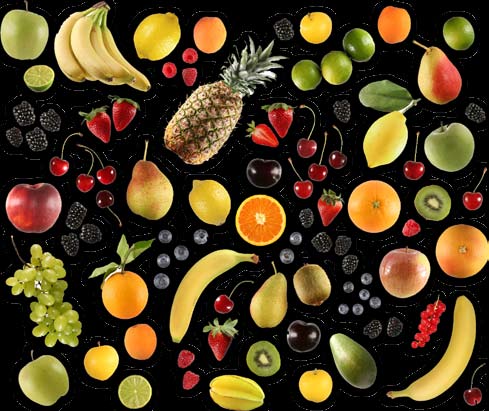

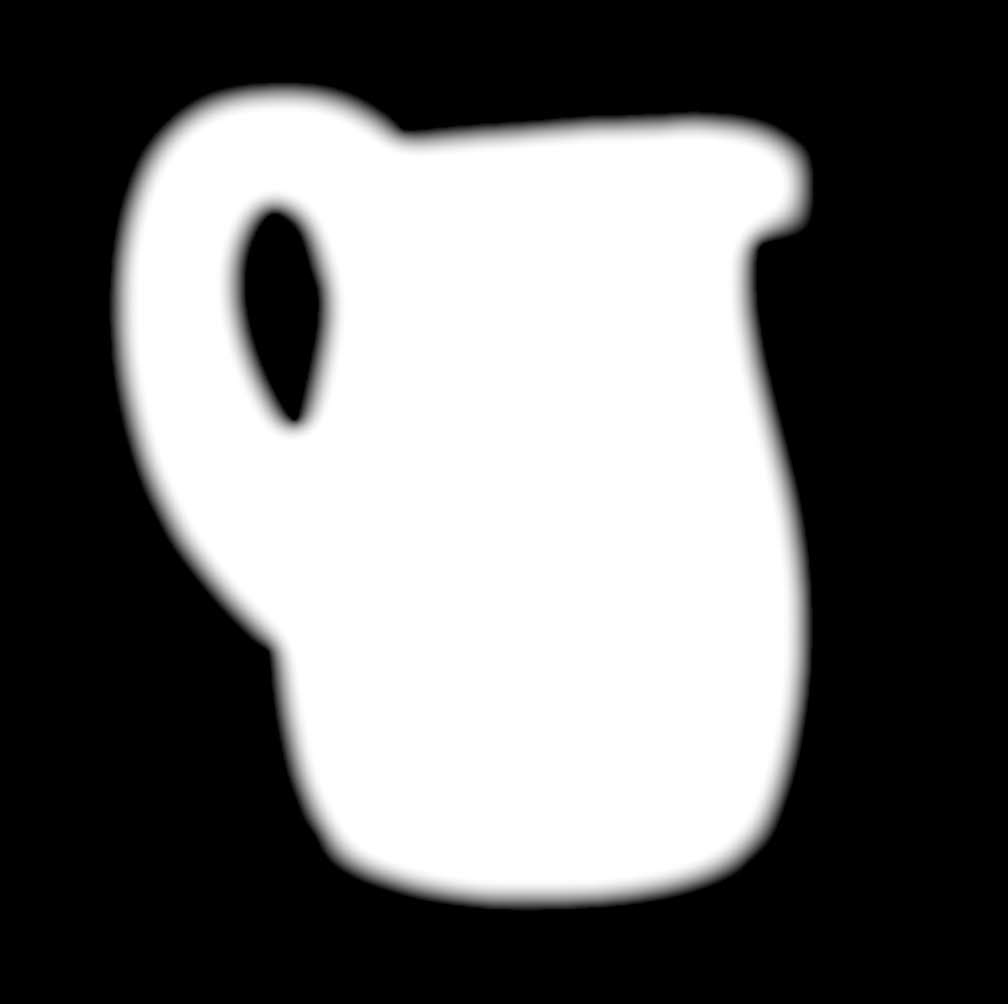
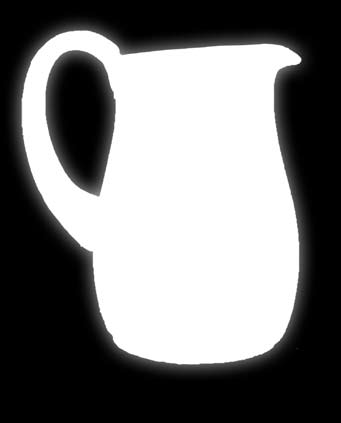
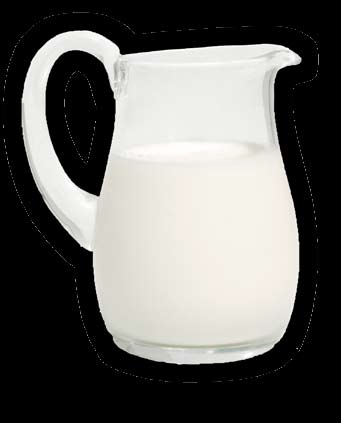
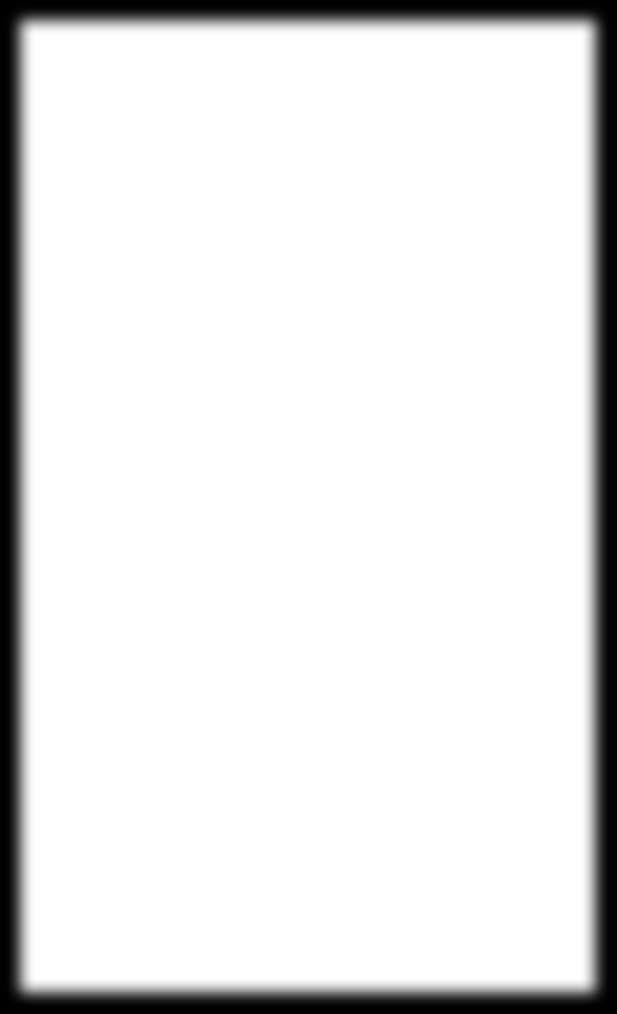
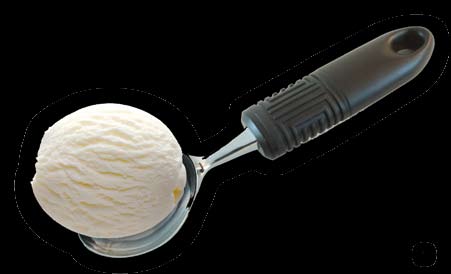
Reci pe
To help with a sore mouth
Fruit and cream
1 cup whole milk




















